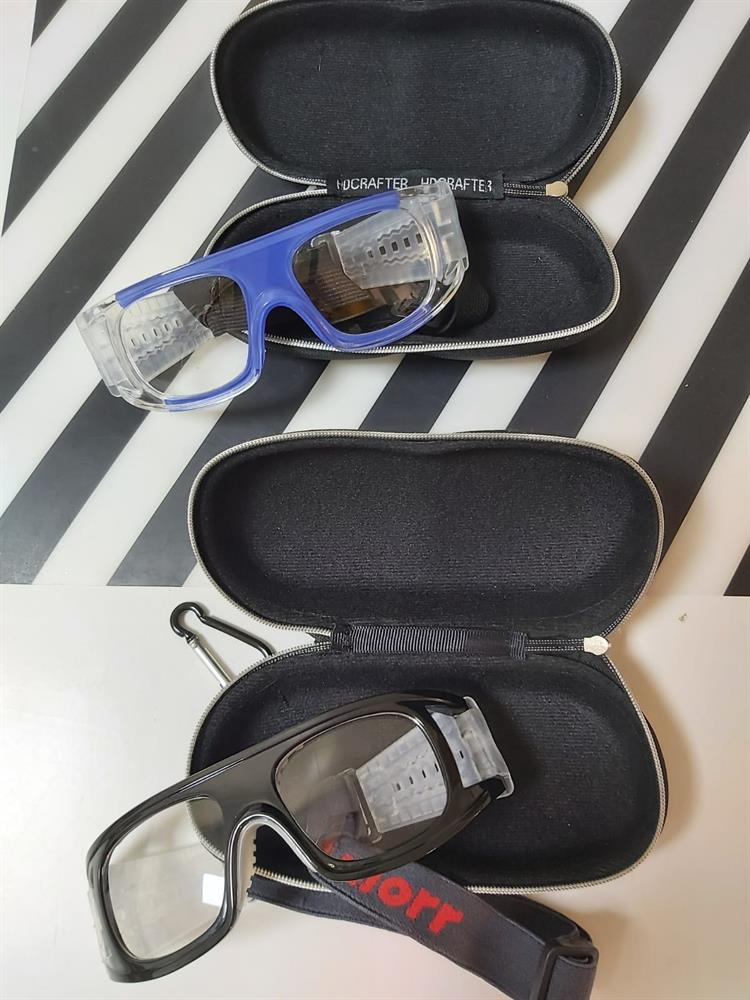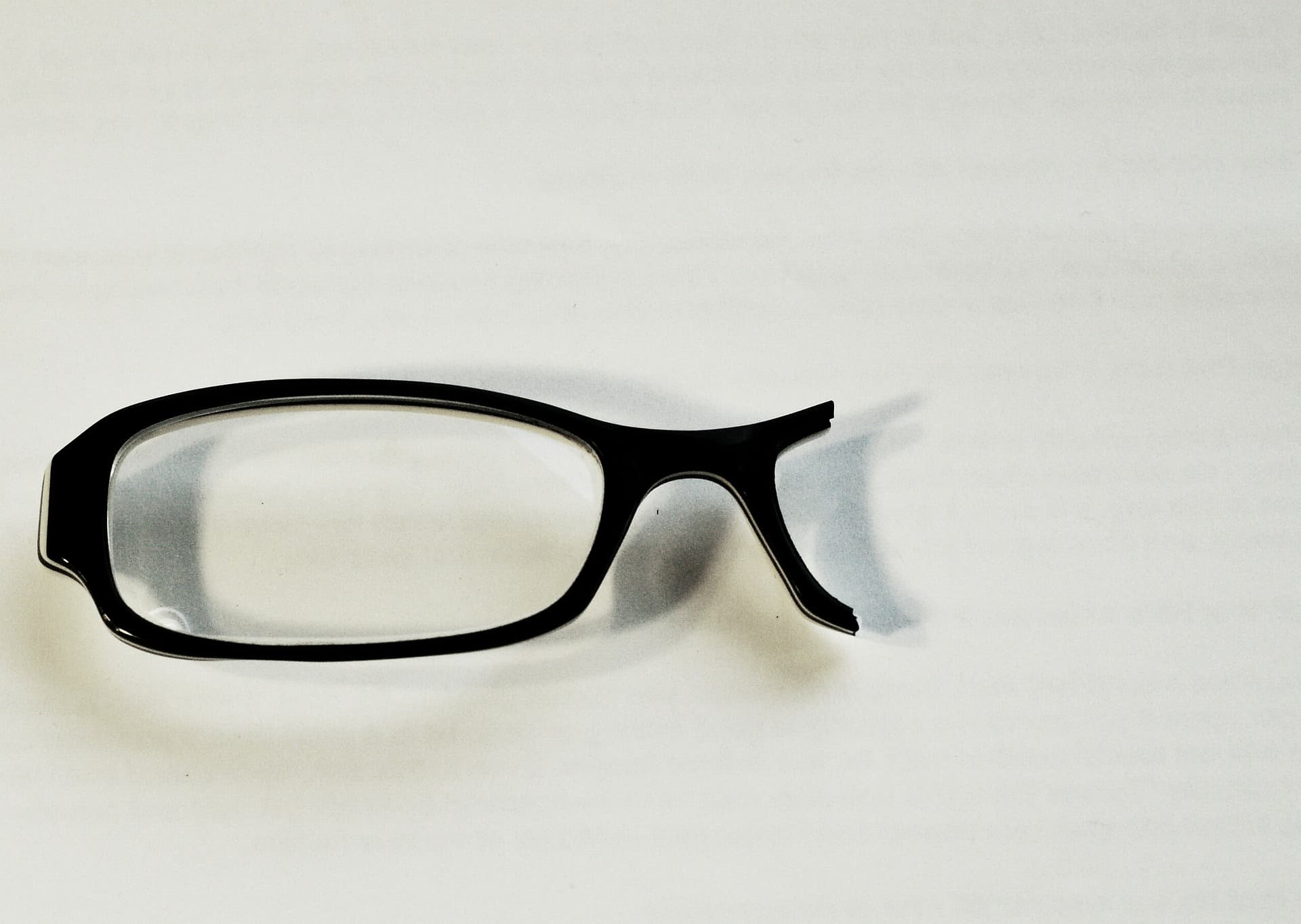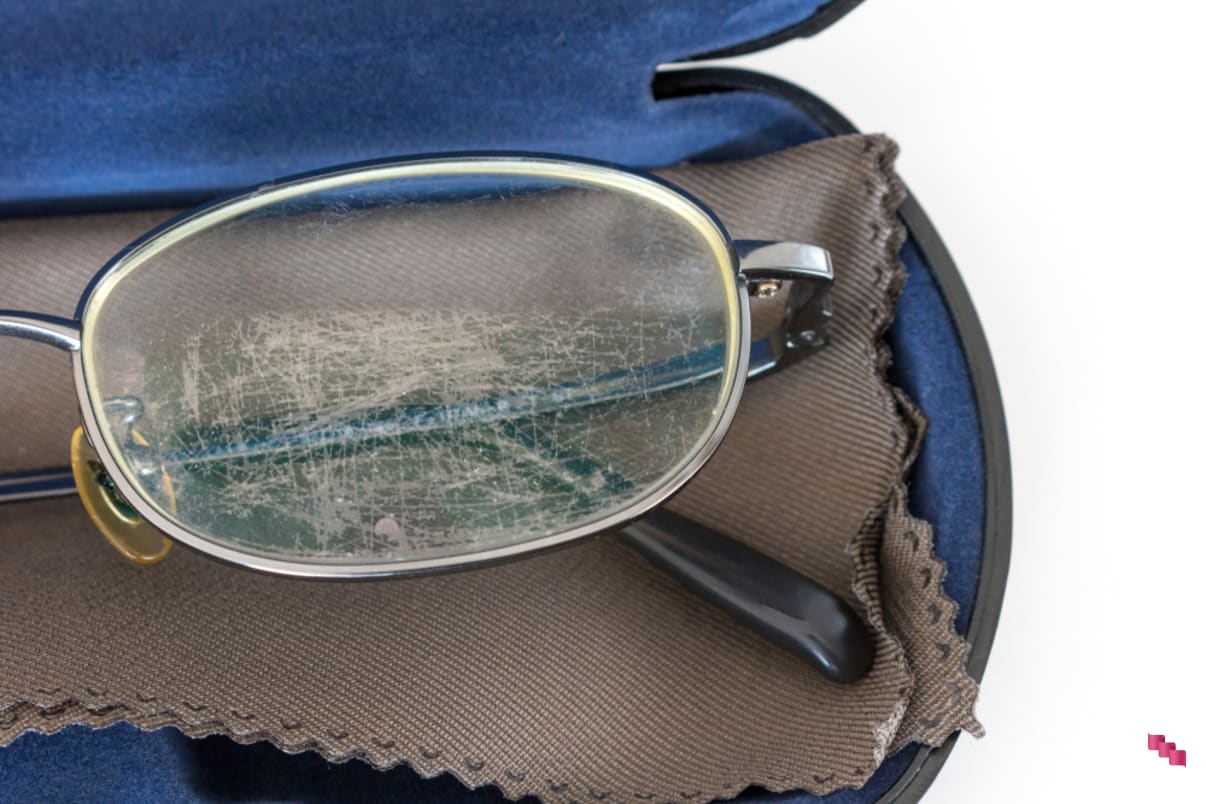
לרגל השקת בוטיק המשקפיים "אופטיקה עיניים" המחודש והמשודרג ברחוב תרצה 19 רמת גן - הפתעות ומבצעים - כל ישראל בעסקים

מעבדת אוריאנטה | מעבדה לתיקון משקפיים, מכירה והלחמות | בהנהלת דניאל מויגר | מעבדת אוריאנטה | מעבדה לתיקון משקפיים, מכירה והלחמות | מכירת משקפיים | מכירת עדשות | הלחמות משקפיים | חלקי

מעבדת אוריאנטה | מעבדה לתיקון משקפיים, מכירה והלחמות | בהנהלת דניאל מויגר | מעבדת אוריאנטה | מעבדה לתיקון משקפיים, מכירה והלחמות | מכירת משקפיים | מכירת עדשות | הלחמות משקפיים | חלקי

מעבדת אוריאנטה | מעבדה לתיקון משקפיים, מכירה והלחמות | בהנהלת דניאל מויגר | מעבדת אוריאנטה | מעבדה לתיקון משקפיים, מכירה והלחמות | מכירת משקפיים | מכירת עדשות | הלחמות משקפיים | חלקי



















